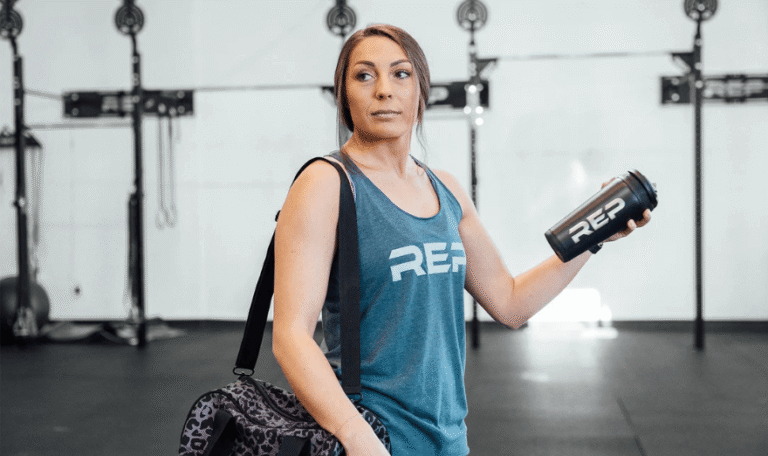Streamlining Sports Equipment Supply

Introduction
Sports organizations, schools, and clubs often require large quantities of equipment to maintain smooth operations and effective training programs. Among these essentials, bulk sports balls are critical for facilitating practices, competitions, and recreational activities. Procuring balls in bulk not only ensures availability but also contributes to cost efficiency and consistent quality across all sporting events.
Benefits of Buying in Bulk
Purchasing sports balls in bulk comes with a range of advantages:
- Cost Efficiency: Buying large quantities reduces the per-unit cost, enabling organizations to save on overall expenses.
- Consistency in Quality: Bulk orders ensure uniformity in size, weight, and material, which is vital for fairness in games and practices.
- Reliable Supply: Organizations can avoid shortages during peak seasons or events by maintaining a sufficient stock.
- Simplified Inventory Management: Fewer orders are required, which reduces administrative effort and improves logistics.
These factors make bulk procurement a practical approach for any organization involved in sports activities.
See also: Understanding the Benefits of Protein Drink for a Healthy Lifestyle
Types of Sports Balls Commonly Bought in Bulk
Different sports require specific types of balls, and suppliers cater to a variety of needs:
- Soccer Balls: Offered in sizes 3, 4, and 5, suitable for different age groups and skill levels.
- Basketballs: Available in standard weights and sizes for youth, recreational, and professional use.
- Volleyballs: Designed for both indoor and outdoor play, made from durable materials.
- Tennis Balls: Supplied in bulk packs for training, tournaments, and recreational play.
- Cricket Balls: Available in leather or synthetic materials for both practice and competitive matches.
Understanding these variations helps organizations select the appropriate balls for their programs.
Manufacturing Process of Bulk Sports Balls
Producing high-quality sports balls involves several critical steps:
- Material Selection: Choosing suitable synthetic or natural materials for durability and performance.
- Panel Formation: Cutting and shaping panels that will form the exterior of the ball.
- Assembly: Stitching or bonding panels together to ensure uniform shape and performance.
- Inflation and Testing: Balls are inflated and tested for bounce, roundness, and weight compliance.
- Quality Control: Each ball undergoes thorough inspection to ensure it meets performance standards.
- Bulk Packaging: Balls are packaged efficiently to prevent damage during storage and transportation.
This process guarantees that bulk sports balls are durable, reliable, and suitable for a range of sports.
Advantages for Sports Organizations
Investing in bulk sports balls offers multiple practical benefits:
- Enhanced Training Efficiency: A consistent supply of balls prevents interruptions during practice sessions.
- Cost Management: Reduced per-unit costs allow organizations to allocate resources more effectively.
- Long-Term Planning: Bulk orders facilitate planning for seasonal tournaments and long-term training schedules.
- Professional Appearance: Uniform equipment improves the perception of professionalism within clubs and schools.
These benefits make bulk purchasing an attractive option for organizations of any scale.
Key Considerations When Selecting Suppliers
Before purchasing bulk sports balls it is essential to evaluate supplier options carefully:
- Material Quality: Ensure that balls are made from durable materials suitable for frequent use.
- Compliance with Standards: Balls should meet official sports regulations.
- Supplier Reliability: Work with reputable manufacturers to ensure timely delivery and consistent quality.
- Cost vs Quality: Balance affordability with performance standards to achieve the best value.
- Customization Options: Some suppliers offer branding, color variations, or logos for specific organizational needs.
Making informed decisions about suppliers ensures that organizations receive equipment that meets their needs effectively.
Innovations in Sports Ball Manufacturing
Modern technology has enhanced the production of sports balls, improving durability and performance:
- Advanced Materials: Use of high-performance polymers ensures long-lasting performance.
- Precision Engineering: Automated manufacturing enhances uniformity and reduces defects.
- Eco-Friendly Options: Sustainable materials and production methods minimize environmental impact.
- Smart Features: Emerging products may include embedded sensors for tracking performance and training data.
These innovations enhance the value and functionality of bulk sports balls for organizations.
Conclusion
Bulk sports balls are essential for maintaining smooth operations, effective training, and professional standards in sports organizations. From cost efficiency and consistent quality to reliable supply and long-term planning, the advantages of bulk procurement are significant. By selecting the right types, working with reputable suppliers, and staying informed about manufacturing innovations, organizations can ensure that athletes have the equipment needed to perform at their best.





